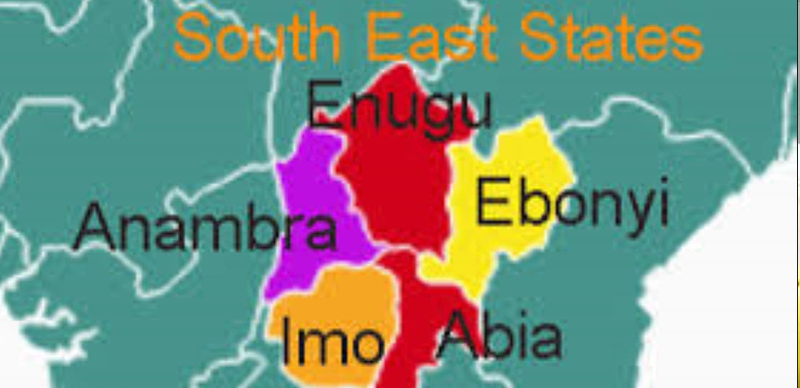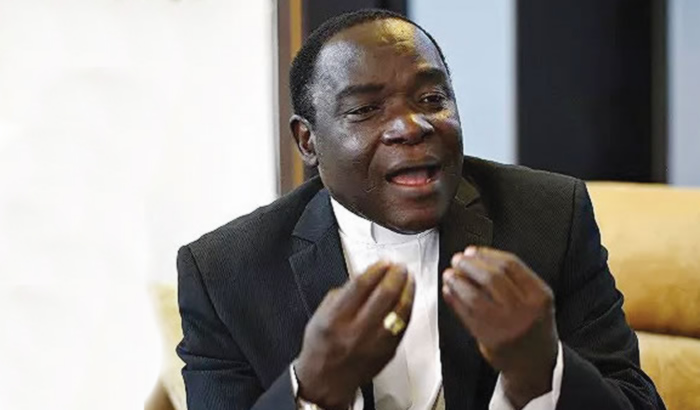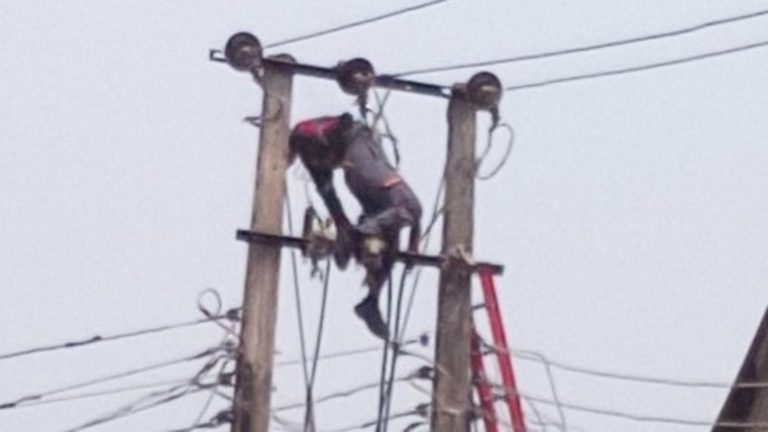Nigeria Labour Congress (NLC) at a public presentation of a publication titled, “Contemporary History of Working Class Struggles.”
Ngige stated that the increment in the minimum wage was necessary due to the current global inflation that has impacted on citizens’ purchasing power.
President Muhammadu Buhari, in 2019, signed Minimum Wage Act into law. However, many States, according to labour leaders, are yet to implement the law of paying their respective workers N30,000.
Ngige said, “The inflation is worldwide, we shall adjust the minimum wage in conformity with what is happening and much more important, the 2019 Minimum Wage Act has a new clause for a review.
“That adjustment has started with the Academic Staff Union of Universities (ASUU), because the stage they are with their primary employers, the Ministry of Education, is a Collective Bargaining Agreement, CBA, negotiations.
“Under the principles of offer and acceptance, which is that of Collective Bargaining, ASUU can say let’s look at the offer they gave us and make a counter offer, but they have not done that, if they do that, we are bound to look at their offer, these are the ingredients of collective negotiations.”
Ngige hinted that the government’s policy on ‘no work, no pay’ may stand, saying, “If you don’t work, you won’t eat. Labour provides the riches of any nation, as well as the prosperity of every family.”
The Minister also disclosed that the government was planning to convert one of the institutes under his ministry – Michael Imoudu Institute of Labour Studies located in Ilorin, Kwara State capital, to a degree-awarding institution.







